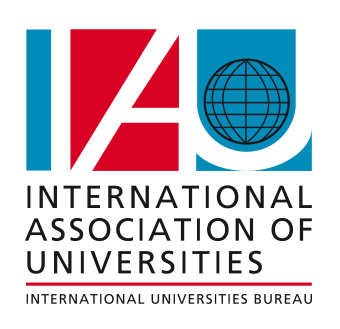British Council's Regional Report on Gender-Sensitive Entrepreneurship Education
In June 2025, the British Council, in partnership with the African Network for Internationalization of Education, released a comprehensive regional report investigating the barriers that prevent young women in Sub-Saharan African universities from accessing employability and entrepreneurship opportunities.
Research Scope and Approach
The study examined 38 universities across Ghana, Kenya, Nigeria, and South Africa using a multi-method research design framed by the Accountability for Gender Equality in Education (AGEE) framework. This approach explores gender barriers across six dimensions: resources, values, opportunities, participation, knowledge and skills, and outcomes. The findings reveal that unequal access and participation stem from deep systemic and socio-cultural issues rather than isolated challenges.
Key Barriers Identified
Structural Barriers: Weak implementation of gender and employability policies, limited career services and mentorship, curriculum-skill mismatches, and lack of start-up funding and institutional support.
Socio-Cultural Barriers: Gender norms discouraging entrepreneurship, societal expectations about women’s roles, gender-based violence and discrimination, and insufficient family or community support.
Actionable Recommendations
For Higher Education Institutions: Establish gender offices to monitor policy enforcement, revise curricula to incorporate entrepreneurship and digital skills with a gender-sensitive approach, and enhance peer mentorship and alumni networks.
For Governments and Partners: Strengthen regulatory frameworks, increase funding for gender-focused initiatives, and promote private sector and development partner engagement through mentorship and capacity building.
A Call for Collective Action
The report emphasizes that gender inequality in higher education is a systemic issue that requires coordinated, multi-stakeholder responses. While significant progress has been made in expanding female access to higher education, persistent barriers limit meaningful opportunities. The research urges governments, universities, private sector, and communities to collaborate in creating enabling environments that empower young women to realize their full potential.
Looking Ahead
The future of higher education and economic development in Sub-Saharan Africa depends on not just access, but ensuring access leads to inclusive and equitable opportunities for all students. This report offers evidence-based insights and best practices to guide stakeholders in making gender-sensitive entrepreneurship education a reality.
Click here to read the full report.


